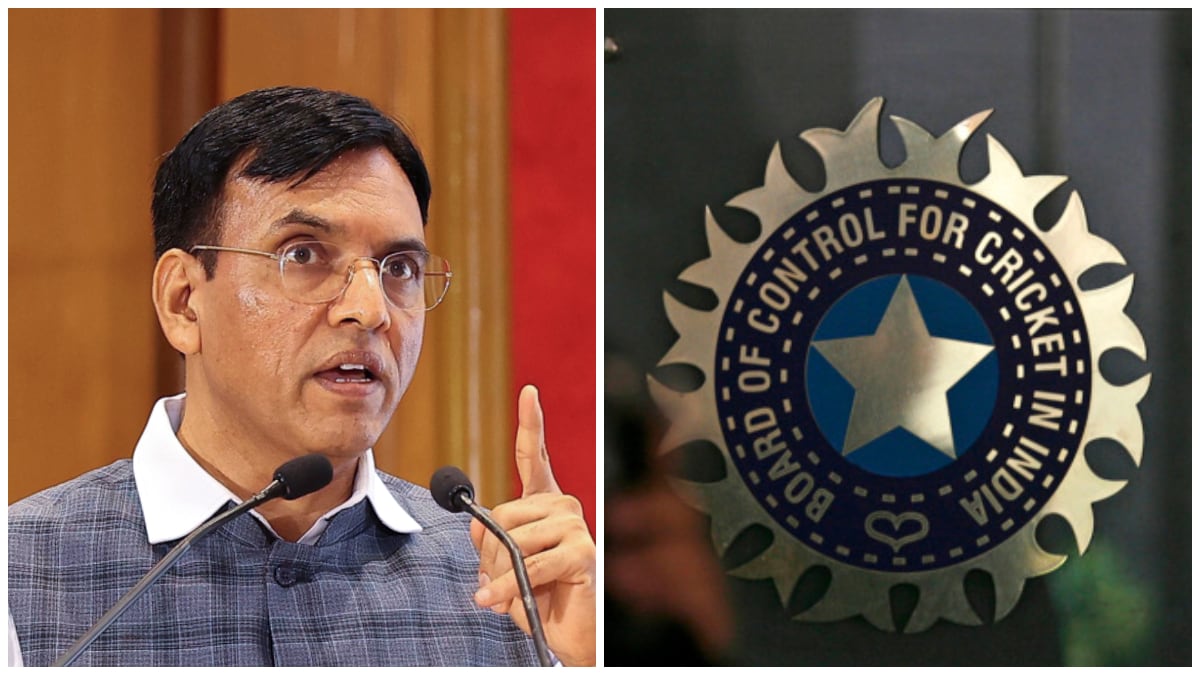The Indian sports landscape is on the verge of a significant transformation with the introduction of the National Sports Governance Bill 2025 in Parliament. This bill aims to bring about greater transparency, accountability, and ethical conduct within sports federations, including the Board of Control for Cricket in India (BCCI).
Key Changes for the BCCI:
- Recognition as a National Sports Federation (NSF): The bill formally recognizes the BCCI as an NSF, making it subject to the rules and directives of the Sports Ministry. This marks a shift from the BCCI's historical independence, where it operated without direct government oversight due to its financial self-sufficiency.
- Compliance with the Law: As an NSF, the BCCI will be required to comply with the laws of the land. This includes adherence to ethical codes, compliance audits, and potential penalties for violations.
- Right to Information (RTI) Act: The BCCI will now come under the ambit of the RTI Act, increasing transparency and public accountability in its operations. This could be a game-changer for the BCCI's historically opaque operations, especially concerning financial disclosures, team selections, and internal governance.
- Dispute Resolution through National Sports Tribunal: The bill mandates that internal disputes within the BCCI be resolved through the newly formed National Sports Tribunal. This tribunal will serve as the primary dispute resolution body for sports matters, ranging from elections to selections. The Supreme Court will serve as the appellate body.
- Elections Monitored by National Sports Election Panel: Elections within the BCCI will be monitored by a National Sports Election Panel, comprising retired senior election officials.
- Increased Transparency and Accountability: The bill aims to eliminate administrative opacity within the BCCI, ensuring public transparency in its operations. This is particularly crucial, considering the board's central role in selecting national cricket teams and managing funds.
- Athlete Welfare and Ethical Practices: The bill prioritizes the welfare of athletes and ethical practices in sports. It mandates the inclusion of athlete representatives, women, and sportspersons of merit in governing bodies.
- National Sports Board (NSB): The bill proposes the establishment of a National Sports Board (NSB) with regulatory and oversight powers. The NSB will have the authority to grant or cancel recognition of NSFs and work with international sports bodies to protect athlete interests. The members of the Board, including a chairperson, will be appointed by the central government.
- Potential Changes to Age Limit for Administrators: The legislation proposes a change in the age limit for sports administrators, increasing the cap from 70 to 75, if permitted by the respective international federations.
BCCI's Response and Concerns:
The BCCI has historically resisted coming under the purview of the National Sports Governance Bill, primarily because it does not rely on government funding. The board has also pointed to the reforms it has already implemented based on the Lodha panel recommendations.
Following the introduction of the bill, BCCI officials have stated that they will study the bill in detail before expressing their views. BCCI secretary Devajit Saikia indicated that the board would wait for the final verdict on the bill before drawing any conclusions.
Government's Perspective:
The government maintains that the bill aims to bring more transparency, athlete-centric reform, and quick dispute resolution to Indian sports. It emphasizes that the bill will not mean government control over NSFs but rather a facilitation of good governance and ethics. The government's role will be that of a facilitator and not of a controller, since it is planning to ensure good governance and ethics.
Overall Impact:
The National Sports Governance Bill 2025 has the potential to reshape Indian sports governance by enforcing transparency, accountability, and ethics across the board. While the BCCI will retain its autonomy in day-to-day operations, it will be subject to greater scrutiny and regulatory oversight. The bill aims to create a unified and modern regulatory environment for Indian sports, balancing autonomy with accountability and positioning Indian sport for sustained international credibility and Olympic alignment.

